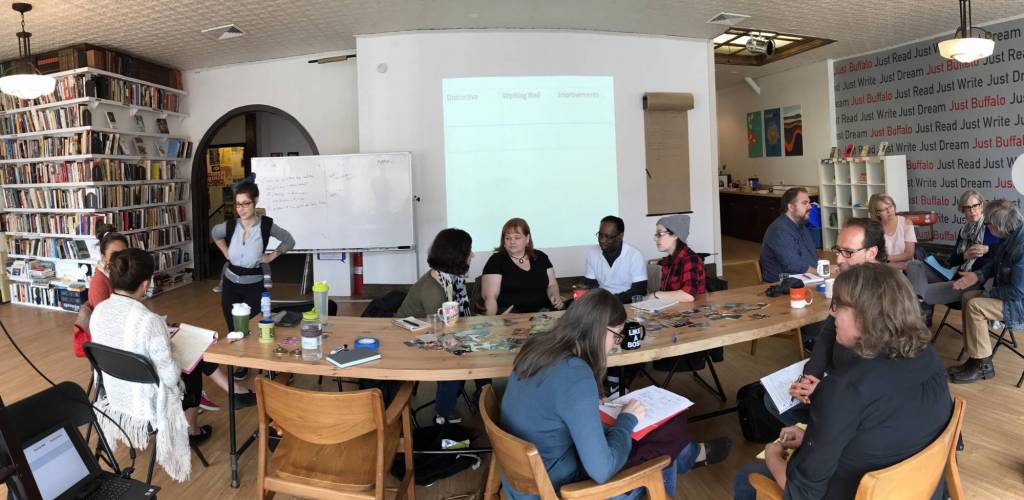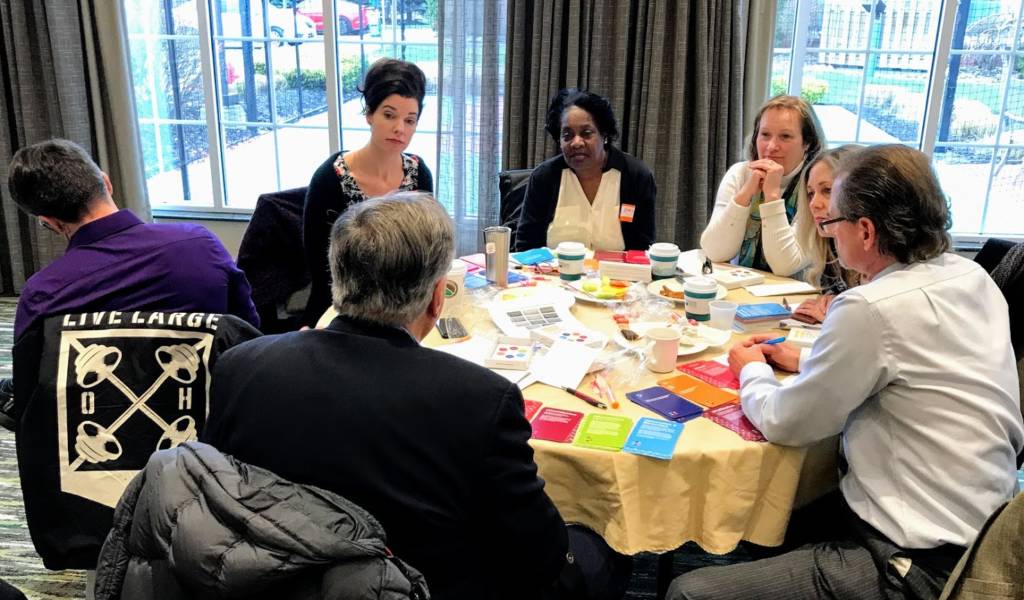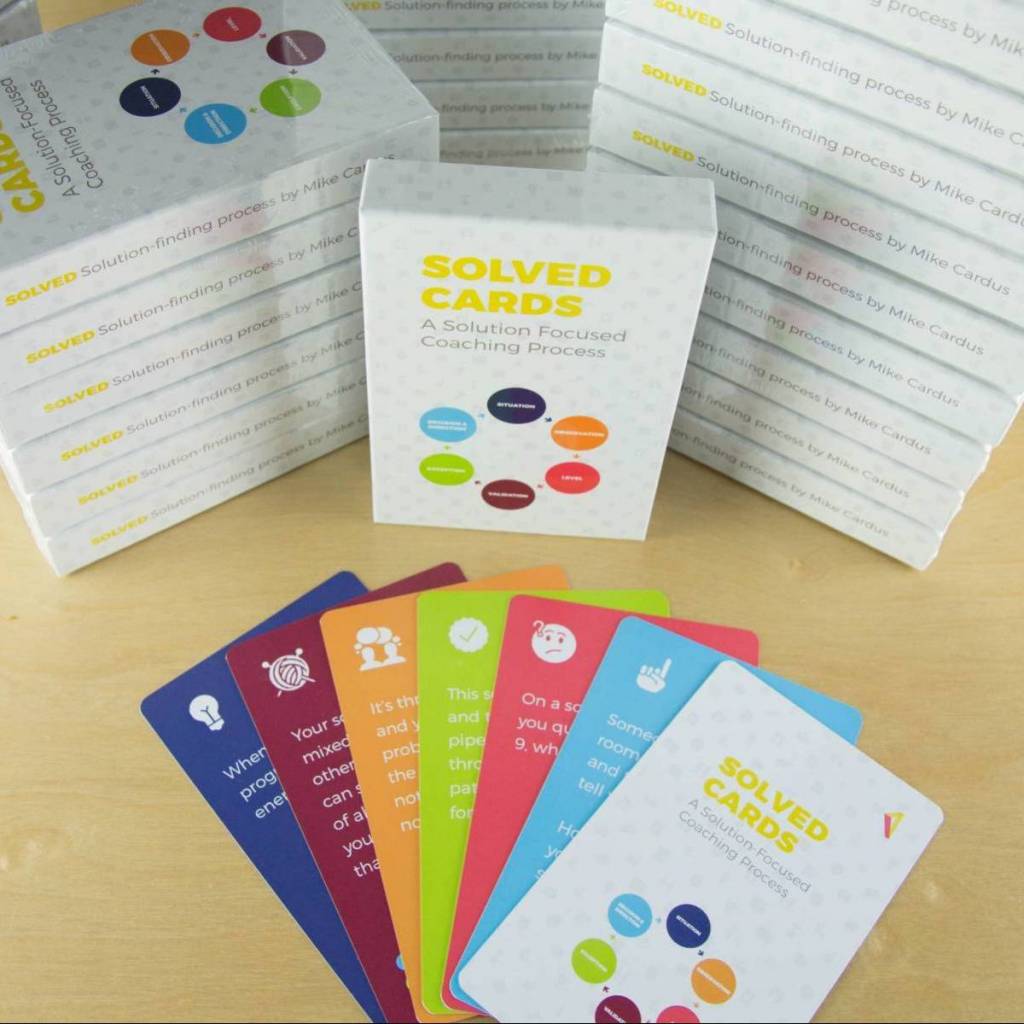When you stop and stare at the ceiling feeling stuck or try to work with your team to gain agreement, or you know you have to have an awkward conversation – how do you prepare?
The times you are unsure, and the complexity weighs on you are when you may wish for a simple answer or a way to create some ordered rationalism that will simplify things.

When you feel disordered, you cannot wish yourself into order.
Sometimes when you feel unsure or disordered, you need to flow with it and be in the presence of complexity and ambiguity.
Currently, many challenges are happening that you have never experienced before. With these challenges, even if you have experienced them, they were at different times, with different people, in a different context.
I do not support some woo-woo hyper-intuitive “ask the universe, and the universe will give” idea. I suggest you hold in the complexity you are in and ask yourself a couple of questions, then see what progress looks like.
You can work with the complexity and disorder yourself and with your team. We know from decision-making and creativity research that the longer you can hold your decision in an open (or unknown) state while giving people the chance to learn and discuss the options, the idea will be more resilient, have greater buy-in, and be more innovative. And if things go wrong, people will find a way to fix or adjust to make improvements.

SOLVEDcards and solution-focused questions
A manager called me and asked me to help her with a complex and disordered problem. The company was opening back up after being closed to covid19, and the staff plus manager was afraid. The team had been gossiping, and the manager could feel that tension and fear were rising. We had a meeting, and we worked through the SOLVEDcards to discuss a team challenge.
Team Challenge
Step 1: Frame the challenge or what you would like to have happen into a question.
How can we ensure the safety (mental and physical) of each other?
Step 2: From the SOLVEDcards, ask the team questions and let each person respond—no follow-up or need for discussion. Just let people respond and invite others to listen.
SOLVEDcards Questions
- How will you know this challenge is lessened or absent?
- What is currently happening that’s maintaining your current level of effort?
- In the past, when you OR this team reached the limit, how did you find a way to do something different to make progress?
- What is currently working well enough to increase? What is not working well and should be decreased?
Step 3: Each team member now shares affirmations or areas that they notice a team member or the team is doing well.
Step 4: The team now talks openly about what it feels ought to happen and some ideas that management and they can put into practice to make things better.
Step 5: Progress step question – each person responds to a final question.
- What is the change we will make?
Step 6: People respond as needed
The manager heard many great ideas (some of which they are already doing, many were simple and immediate to do, and most people just wanted to be heard.)
The team, almost every person, recognized they were, in some way, making things worse by gossiping about each other and saying that management did not care. Each person agreed to connect with coworkers, ask how they are doing, and be more empathetic.
The manager and the team had some progress steps and an enhanced sense of trust and teamwork.
When chaos and disorder happen, ask a couple of questions.
When you are feeling stuck or uncertain, or the complexity has you feeling stuck – avoid fighting for order and simplicity.
Accept that things are tough, you do not know what to do, and ask yourself (or your team) some solution-focused questions.

SOLVED CARDS
Make change happen with a problem-solving approach that’s focused on solutions.

